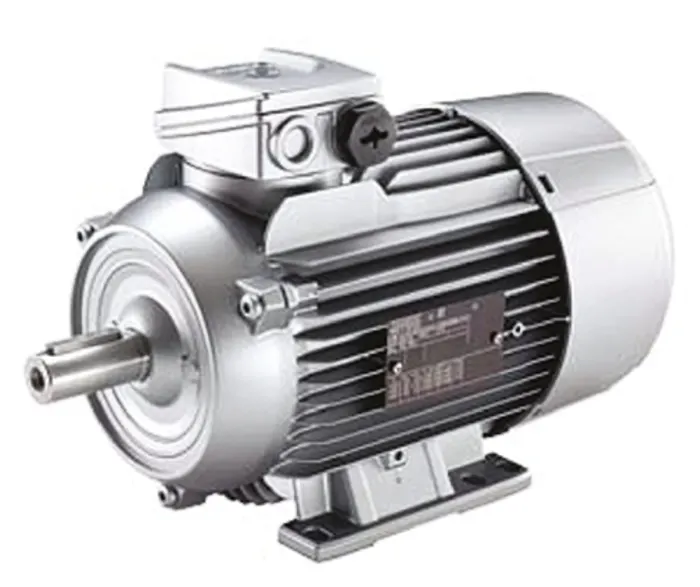Introduction
There are common rules in the selection of electrical equipment. The common rules provide for compliance for safety, requirements for proper functionality, and requirements appropriate to the environmental conditions. Every equipment shall be selected to allow compliance with the local regulations, Codes and standards and shall take into account manufacturers' instructions.
Budgets shall be given a strong consideration. Engineers must limit the equipment options to meet first-cost requirements. The total cost of installation including time, material, infrastructure, and opportunity costs must be evaluated.
Compliance with Codes and Standard
Every electrical equipment shall comply with the relevant requirements of the applicable standards appropriate to the intended use of the equipment. Alternatively, if the equipment is complying with an international standard, the engineer or person responsible for specifying the equipment shall verify that any differences between that local standard and the International Standard will not result in a lesser degree of safety than that afforded by compliance with the local standard.
Operational Requirements
Voltage
Every electrical equipment shall be suitable for the nominal voltage of the installation or the part of the installation concerned, where necessary taking account of the highest and/or lowest voltage likely to occur in normal service.
Current
Every electrical equipment shall be suitable for:
(i) the design current, taking into account any capacitive and inductive effects, and
(ii) the current likely to flow in abnormal conditions for such periods of time as are determined by the characteristics of the protective devices concerned.
Frequency
If frequency has an influence on the characteristics of the equipment, the rated frequency of the equipment shall correspond to the nominal frequency of the supply to the circuit concerned.
Power
Every electrical equipment selected on the basis of its power characteristics shall be suitable for the duty demanded of the equipment.
Electromagnetic Compatibility
Every electrical equipment shall be selected so that it will neither cause harmful effects to other equipment nor impair the supply during normal service including switching operations.
Impulse withstand voltage
The electrical equipment shall be selected so that its impulse withstand voltage is at least equal to the required minimum impulse withstand voltage according to the overvoltage category at the point of installation.
Environmental Conditions
Equipment shall be designed to be appropriate to the situation in which it is to be used or its mode of installation shall take account of the environmental conditions likely to be encountered.
If the equipment does not, by its construction, have the characteristics relevant to the environmental conditions of its location, it may still be used on condition that it is provided with appropriate additional protection. Such protection shall not adversely affect the operation of the equipment.
